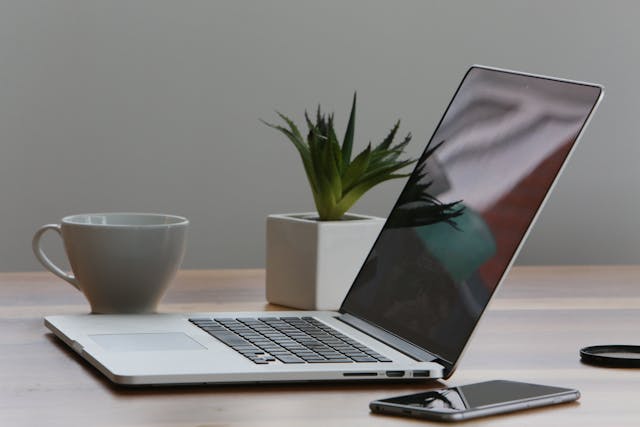In today’s fast-paced world, many people are rediscovering a simple truth: outer order supports inner calm. The connection between an organized home and mental clarity is not just aesthetic—it’s deeply psychological. Whether it’s a tidy desk, a labeled pantry, or a streamlined wardrobe, organization gives us back something priceless: time, focus, and peace of mind.
The Link Between Order and Well-Being
Numerous studies have shown that physical clutter can lead to mental clutter. According to research from Princeton University Neuroscience Institute, people perform tasks more efficiently when their environment is organized. A chaotic room can compete for your attention, triggering stress and reducing your ability to concentrate.
That’s why so many people find relief in decluttering projects. The act of sorting, folding, and arranging isn’t just physical work—it’s a way of reclaiming control in an increasingly complex world. When your home supports your daily rhythm, your mind naturally follows suit.
Designing Spaces That Work for You
The modern approach to organization goes beyond storage bins and labels. It’s about intentional design—creating systems that work with your habits rather than against them. For example, keeping frequently used items within easy reach saves time and reduces decision fatigue.
In bedrooms and dressing areas, thoughtful Closet Organization can make mornings smoother and more enjoyable. When every piece of clothing has its place, you spend less time searching and more time getting ready to take on the day. Custom solutions now blend function with design, transforming simple storage into beautiful, livable spaces that reflect individual style.
The same principle applies to kitchens, offices, and garages. It’s not about perfection; it’s about flow. Each area of your home should support your natural patterns of movement and activity.
The Productivity Ripple Effect
Organization doesn’t just make your home look better—it makes you think better. A clean workspace encourages focus, while a clutter-free kitchen promotes healthier eating habits. Even small adjustments can create ripple effects that enhance daily performance.
In business, the same logic applies. Teams that work in organized environments tend to communicate more clearly and waste less time. The physical arrangement of a space often mirrors the efficiency of the people who use it. That’s why more companies are investing in minimalist office layouts and flexible storage systems that reduce distractions.
At home, productivity gains often start with seemingly minor changes: clearing your entryway, adding hooks for bags and keys, or setting up a designated place for mail. When everything has a home, decision-making becomes automatic, freeing up mental bandwidth for creativity and problem-solving.
The Emotional Benefits of Decluttering
There’s something almost therapeutic about letting go of excess possessions. Each item you remove makes space for something else—clarity, intention, or simply breathing room.
Many people who embrace organized living report sleeping better, feeling calmer, and experiencing less anxiety. That’s because organization isn’t just about the external—it’s about aligning your surroundings with your values. When your home feels lighter and more intentional, it supports your goals and your well-being.
Decluttering also fosters gratitude. As you sort through belongings, you become more aware of what you truly use and appreciate. This mindfulness extends beyond the home, influencing how you spend time, energy, and money.
Building Sustainable Habits
The key to lasting organization lies in maintenance. Setting aside a few minutes each day to reset your space—folding clothes, clearing countertops, or returning items to their designated spots—keeps disorder from creeping back in.
Experts recommend using the “one in, one out” rule: for every new item that enters your home, one should leave. This keeps clutter manageable and encourages conscious consumption.
Technology can also help. Smart storage systems, digital inventory apps, and even automated reminders can ensure your space stays functional long-term. But ultimately, consistency and mindfulness matter most.
Final Thoughts
An organized environment is more than a luxury—it’s a foundation for better living. It fosters focus, reduces stress, and enhances creativity. When every object in your home serves a purpose and supports your daily routine, life flows more smoothly.
Investing time in thoughtful organization—whether through a well-planned closet, a streamlined office, or a simplified living area—pays dividends in productivity and peace. It’s not about chasing perfection; it’s about creating harmony between your environment and your ambitions.
When you master your space, you free your mind. And that’s the true reward of living with intention.



































